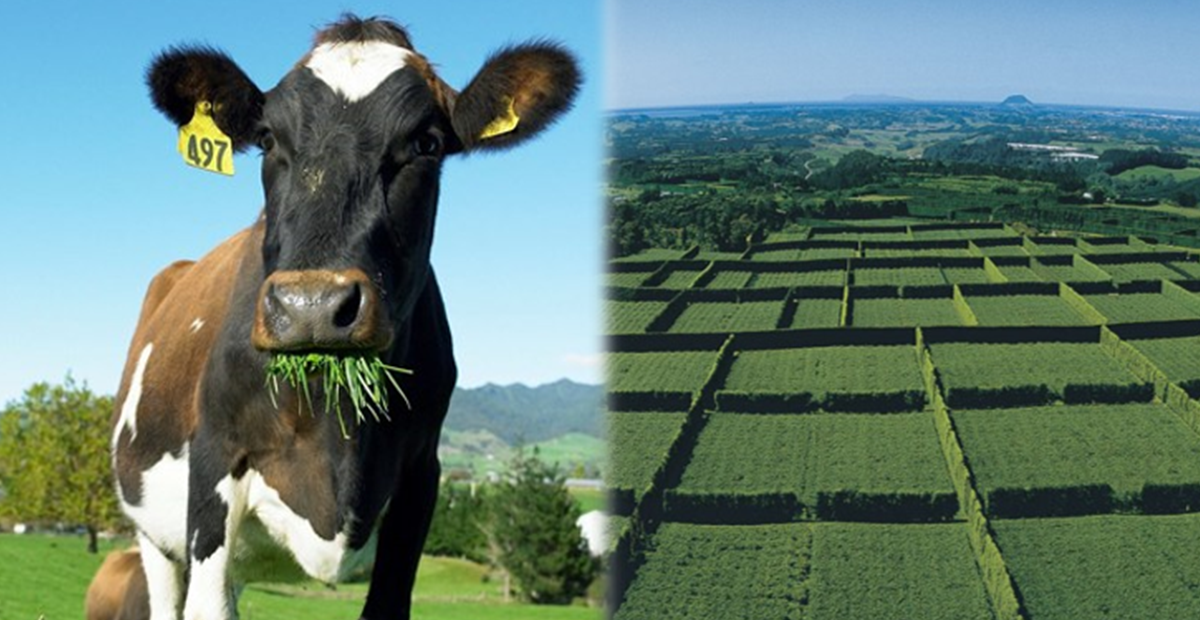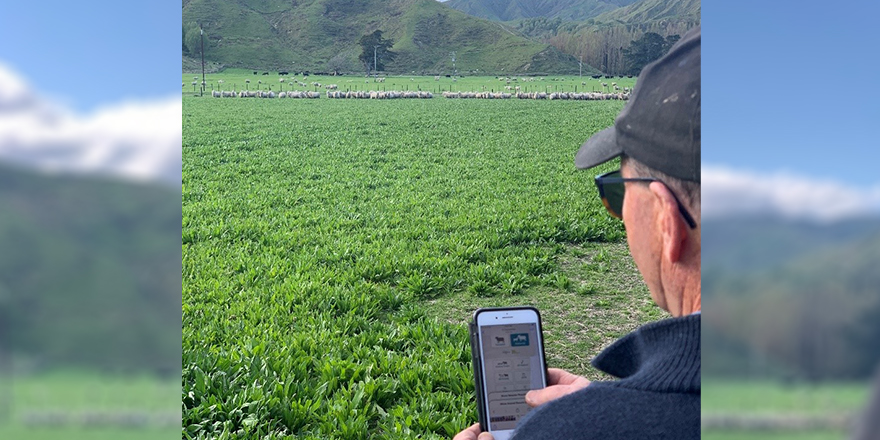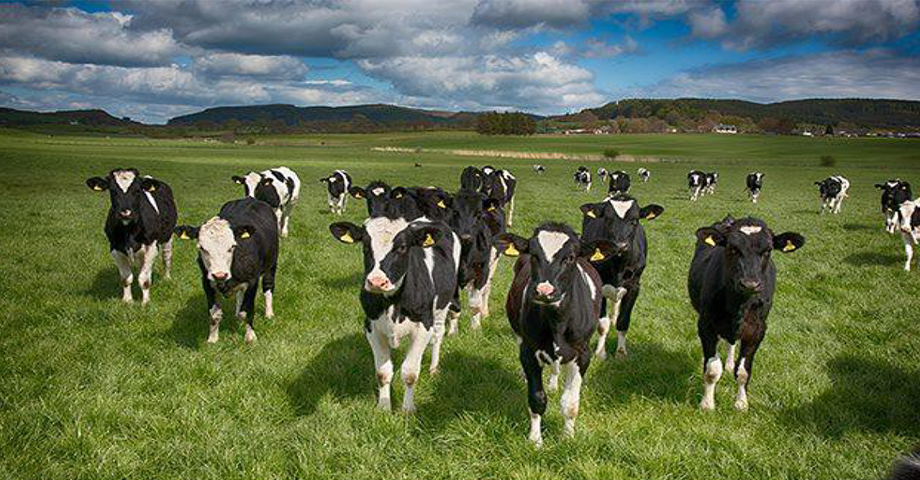
Executive summary
In the time of the ‘great resignation’ in a post COVID-19 world, finding and retaining top talent is an ongoing and costly concern for businesses. As the employee value proposition evolves, employers may wish to use a change in the structure of the work week as a distinguishing factor for them as an employer.
This research investigates the efficacy of a four-day week amongst the office-based knowledge workers of the New Zealand dairy industry workforce. The key aims of this study were to identify the benefits that a four-day week could provide, establish the barriers to said four-day week, and to recognise how COVID-19 impacted the evolution of workplace norms. The research was undertaken by reviewing existing literature and conducting semi structured interviews employees in the dairy industry.
Thanks to COVID-19 and changes in the use of technology as an accepted modality within the business world, the line between work and home has continued to become increasingly permeable. This impacts work-life balance for employees and subsequently satisfaction in both life and work. An opportunity is presented for a reset of worker culture to benefit the mental health and wellbeing of the employee, increase employee engagement within their personal communities, all while simultaneously benefiting the company through more engaged employees and potential increases to productivity.
Employees have benefited greatly from the increased flexibility that has been normalised following COVID-19. There may be further advantages to both employers and employees by formalizing a four-day week variation. This could see further benefit to employee wellbeing and enhanced engagement within their community. However, implementing a four-day week might be difficult due to anecdotal reports that many employees are regularly working over their contracted hours. Others admitted to working to appear like they are still productive, but they admit to idly filling in time until it is socially acceptable to leave the office. As such, feasibility will depend on the team itself and specific circumstances, such as stakeholder availability or time zone cross over.
Transitioning from the current model straight to a four-day week is not the best approach, but instead opting for a four-day week variant would help to smooth the transition and address/overcome the key barriers.
Interviews with 12 current employees of the New Zealand dairy industry found that the key obstacles to a four-day week were perception (of shareholders, and other employees), and maintaining availability to an employee’s respective stakeholders. This reiterates the nuances that exist in each team. These would need to be accounted for in any change to the structure of the working week. Another important recurring theme that manifested was the importance of bidirectional trust between employees and their manager/company. Bidirectional trust enables managers to not have to time-keep their employees, while the employees feel empowered to complete the requirements of their role. Trust on both sides empowers the respected privilege of a four-day week variation.
The key recommendations from this study for a dairy company considering a four-day week are:
- Acknowledge the difference between task-oriented workers and knowledge workers within their employee base and structure workplace change specific to each worker type.
- Use a formalised process/framework and support from senior leaders within the company to overcome any negative stigmatism from current workplace attitudes towards long hours.
- Establish clear performance measures for both business and employee to ensure adequate outputs; and
- Allow individual teams to devise their own implementation plan within set boundaries to adequately consider team-specific nuances.
Daniel Brocx




